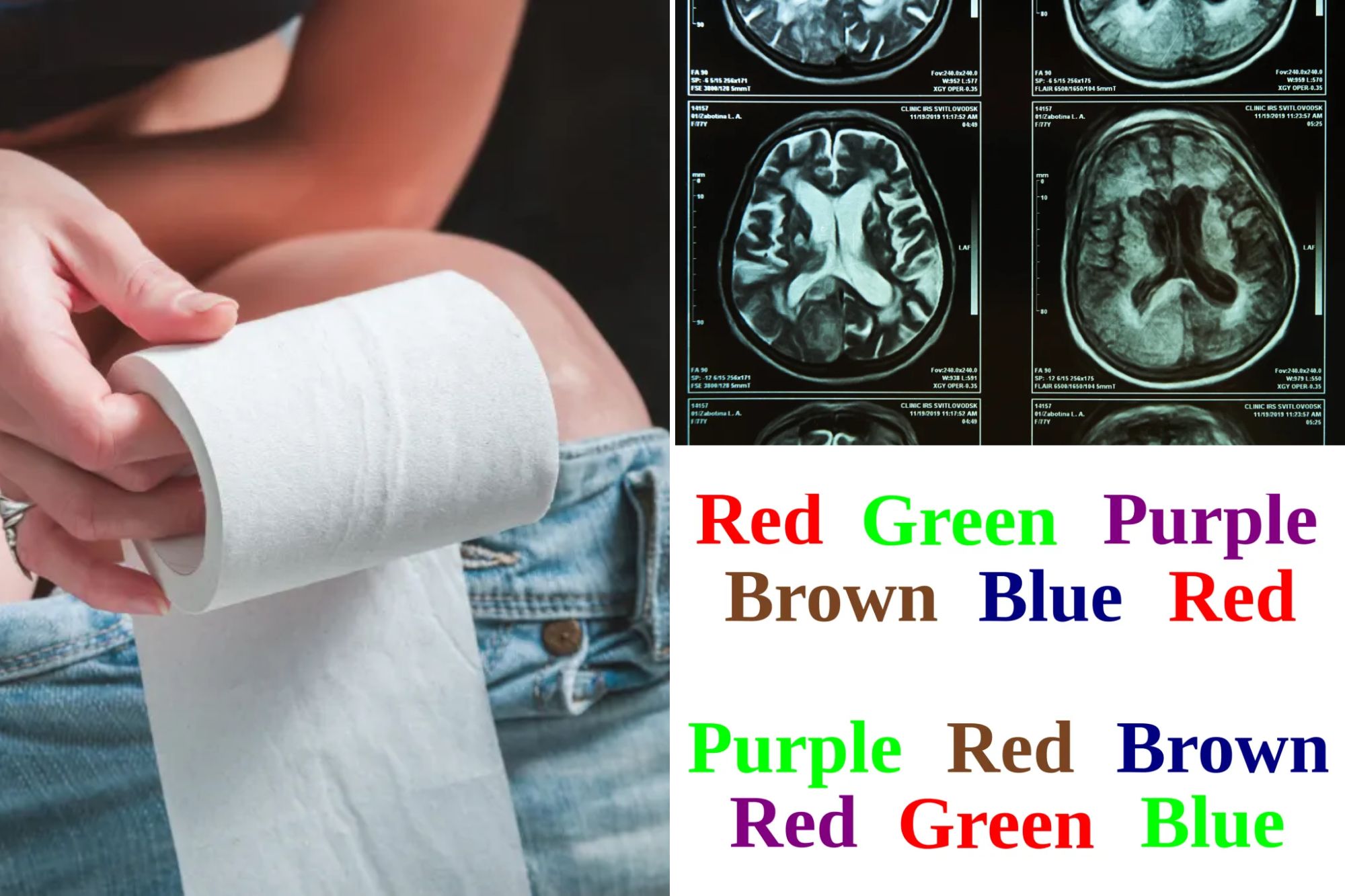
When preparing for a big test or athletic event, try to take the load off.
A new, small study found that triathletes performed better on a cognitive test that simulates the experience of rapid decision-making in sports when they had a bowel movement beforehand.
All 13 participants took the Stroop test three times a week apart – the first time without ejaculating beforehand, the second time an hour after going to the bathroom, and the third time with the help of a magnesium oxide laxative.
“Stroop test performance improved in all (100%, 13/13) of participants after magnesium-induced defecation and most (69%, 9/13) of participants after non-magnesium-induced defecation,” the international team of The researchers write in the new issue of the journal Sports Medicine and Health Science.
In the Stroop test, participants were presented with color words printed in different colors of ink (such as “red” written in green ink) and told to quickly name the color.
The study authors used the results to measure their selective attention and mental judgment.
Researchers previously found that taking No. 2 greatly improved cycling performance and increased blood supply to the prefrontal cortex, the part of the brain where decisions are made.
They used this study to show that saliva gives your body more energy to expend on cognitive and exercise intensity.
They linked better performance in the Stroop test to a significant increase in oxygen consumption in the area below the umbilicus after defecation. It had less of an effect on the prefrontal brain.
The researchers theorized that the enteric nervous system surrounding the rectum may play a role in immediate cognitive tasks by sending signals to the brain based on conditions in the gut. This describes what is commonly known as a “gut feeling”.
But the “most striking finding” is the “clear improvement” in the participants who took the magnesium supplement for bowel movements. Magnesium oxide, which is available over-the-counter in tablets or powder, draws water into the intestines, softening stools and relieving constipation.
“Magnesium itself may independently affect the interaction between the rectum and the brain,” the study authors wrote. “This observation is consistent with a previous study where magnesium consumption over a period of six weeks significantly alleviated symptoms of depression.”
Researchers recommend having a bowel movement 60 to 90 minutes before the big event for better, faster and smarter decision-making.
They are calling for larger experiments to confirm their findings and more research into how the composition of our gut bacteria, our hunger levels and the timing of our meals affect mental clarity.
The connection between the rectum and the brain was highlighted in a 2023 study that linked chronic constipation — defined as having a bowel movement every three days or more — with poorer cognitive function.
If you have trouble answering nature’s call, experts suggest a diet rich in fiber and polyphenol foods like fruits, vegetables, and whole grains, plenty of water every day, and regular exercise.
#toilet #mental #tests #study
Image Source : nypost.com